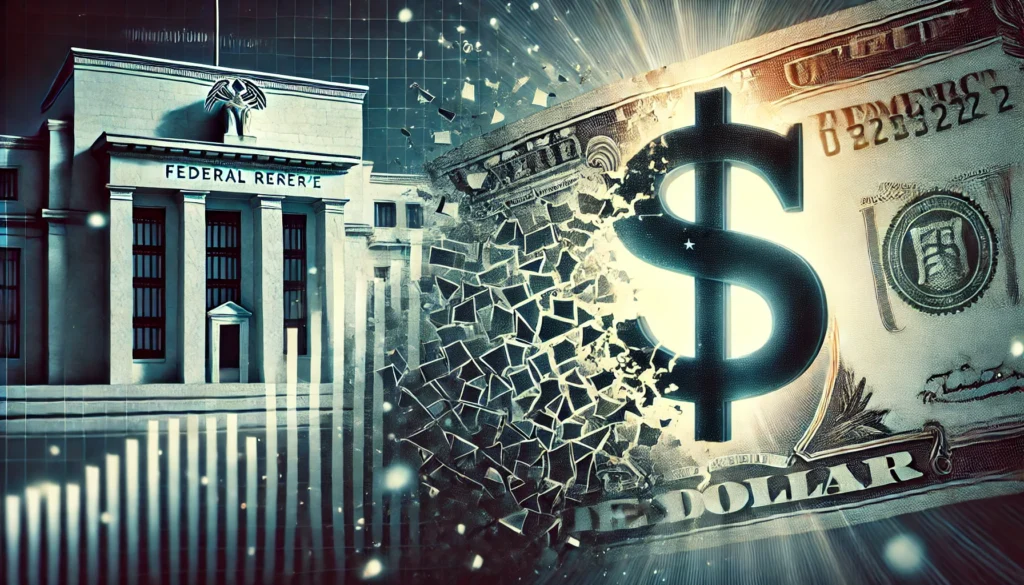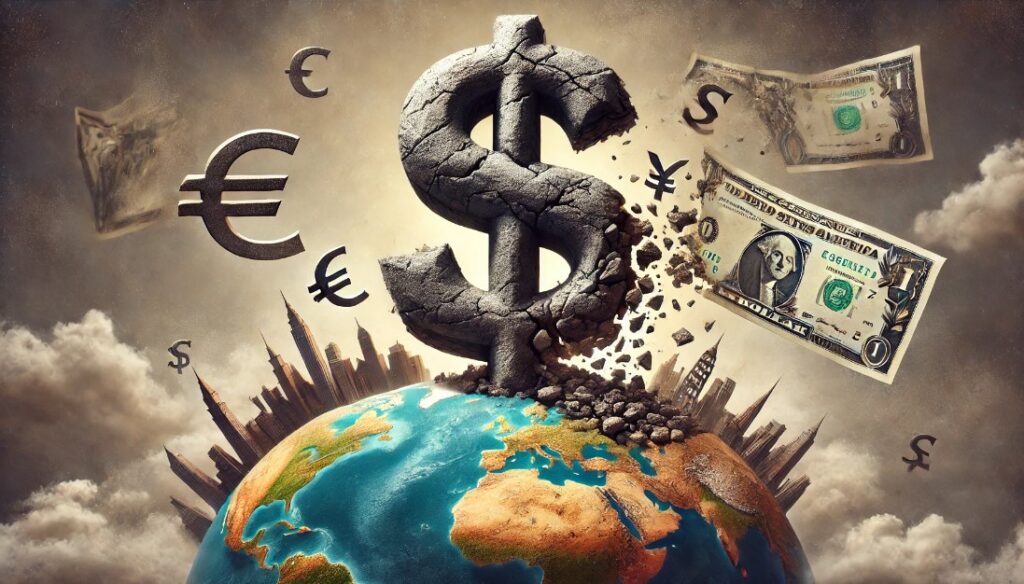A national debt, if it is not excessive, will be to us a national blessing. –– Alexander Hamilton
Andrew Jackson wasn’t supposed to make it. The experts wrote him off. They called him a lightweight—a joke, even. In 1828, they figured Jackson would split a few votes and bow out. No one expected him to win.
- Jackson the Outsider: Won against the odds in 1828, cleaned house in Washington, and slashed the national debt to zero by 1835.
- Debt Explosion: The US now faces $36 trillion in national debt, growing at breakneck speed, with unsustainable interest and entitlement costs looming.
- What’s Next?: Real assets like oil and energy could thrive in both reform or inflationary collapse, presenting rare investment opportunities.
But Jackson wasn’t a politician. He was a fighter. He spoke bluntly, like someone who actually knew what it was like to live and struggle in America. And when he took the presidency, Washington’s insiders didn’t know what hit them.
He made it clear from day one: things were about to change. His inaugural speech set the tone. Corruption? Gone. Bureaucrats coasting on taxpayer dollars? Fired. Jackson didn’t just talk tough. He acted. Investigations began immediately.
It was worse than anyone thought. The Treasury had been looted. The military burned through cash recklessly. Embezzlement was everywhere. Jackson cleaned house—firing 10% of the federal workforce.
The establishment fought back. Hard. They insulted him. Lied about him. Dragged his wife Rachel into the mud. But Jackson held his ground, even surviving an assassination attempt. When the dust settled, he won reelection in a landslide.
Jackson also hated debt. He’d nearly lost his farm because of it. When he took office, the national debt was $58.4 million. By the start of his second term, it was down to $7 million. By 1835, America was debt-free—the first and only time in history.
Fast forward. The Civil War. World wars. Depressions. And now, here we are. The national debt stands at $36 trillion. It took more than a century for America to rack up its first trillion. Now it takes months.
The math is terrifying. If interest rates rise to just 5.85%—a modest historical average—annual interest payments would balloon to $3.5 trillion in 10 years. Add mandatory entitlement spending, and the budget is already underwater before funding defense or infrastructure.
That’s not politics. It’s arithmetic.
So, what’s the way out? A serious overhaul of government spending, regulations, and priorities. It’s the only option that avoids crushing inflation.
But here’s the kicker: real assets. They thrive in inflation and boom in growth. Oil, gas, energy—these sectors could explode if the government gets its act together. If not? They’ll still rise, riding the wave of a crumbling dollar.
Andrew Jackson fought the odds and won. Can we?
The Morning Muster



